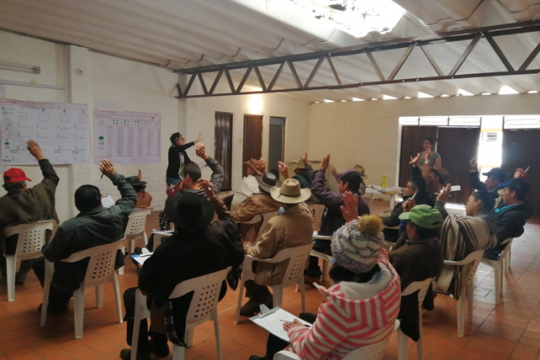Abstract
Payment for ecosystem services (PES) programs is proliferating globally but not always with significant impact. Unlike protected areas (PAs), PES compensates suppliers of eco-services, increasing local acceptance. Yet, some worry that PES could reduce conservation in the long run, if the introduction of financial incentives “crowds out” or diminishes prior conservation behavior. We implemented a decision experiment with farmers in rural Colombia to study the effects of temporary PES. We find no crowding out if a PES is introduced and then ended. Contributions after PES fall back to pre-PES levels, at worst, and if anything, they are higher. Comparisons to controls without PES strengthen these findings, which can inform policy design.
Keywords: lab-in-the-field experiment; pro-environmental behavior; payment for ecosystem services; incentives; Colombia



